Goodbye ABCs: How One State is Moving Beyond Grade Levels and Graded Assessments

This article explores the No Grades, No Grades (NG2) program in New Hampshire, where seven elementary schools are participating in a pilot, slowly moving away from both traditional age-based grouping of students into grades and assessment based on letter grades. Instead the schools are embracing the following 6 tenets: project-based learning, learner agency, whole person development, blended learning… Read More ›
Expanded Roles For Online Credit Recovery Teachers (Part 1 of 3)
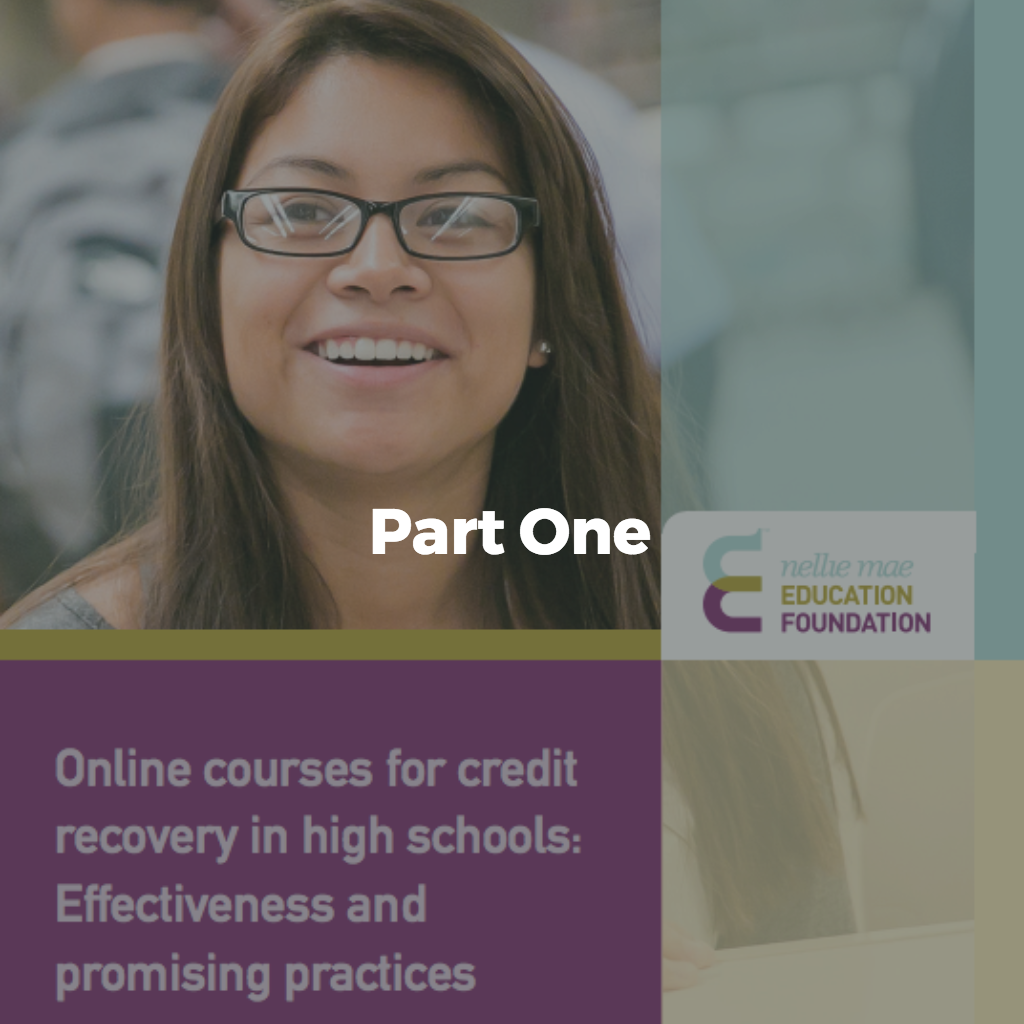
As schools and districts have worked to develop online credit recovery programs, key aspects of program development have often fallen to the teachers. Highly motivated teachers have frequently taken on additional responsibilities, leading them to play the role of advocate, recruiter, course developer, academic advisor, and liaison. The following excerpt explores these new roles in… Read More ›
A School Leader’s Student-Centered Resources for Next Gen Educators (Part 3 of 3)
This is the third and final installment of our “Student-Centered Resources for Next Gen Educators” series. Be sure to check out part 1 and part 2. What does an actual school leader use to inform their work as they implement student-centered practices, instruction, and professional development for their staff? This Student-Centered Learning Podcast series gets to the heart… Read More ›
Hiring: The Very First Step to a Flourishing School Culture (Part 3 of 3)

Read part one and two of this series. My advice to those seeking to establish a thriving culture in their schools at the same time that they promote high academic achievement for our most underserved students: Hire well. Transforming the adult learning community isn’t all that difficult when you hire adults who aren’t afraid to be human with… Read More ›
Student-Focused Learning in Springdale, Arkansas
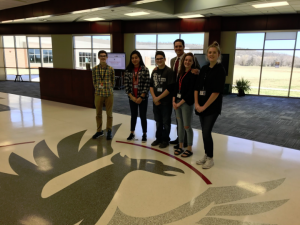
This four-part blog series from CompetencyWorks, explores the exemplary student-centered work in the Springdale School District, in Arkansas. The articles explore innovations happening in the district, and many lessons, challenges, and learnings that might inspire other district and school leaders and educators. The final blog of the series provides a student perspective. Using student’s own words,… Read More ›
Lessons from a Social Studies Teacher: The Power of Interdisciplinary Work in a Competency-Based School
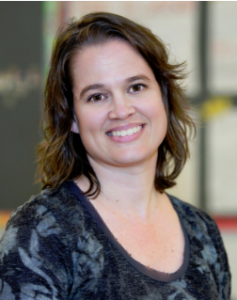
This blog shares tips for getting the most out of the student-centered practice of interdisciplinary projects. The author first shares the leadership and professional development structure that allows interdisciplinary work to thrive, then explores what makes interdisciplinary work worthwhile for students. She describes how this mode of learning can increase motivation and engagement; build 21st-century skills,… Read More ›
Creating a School Culture Where Students and Teachers Both Flourish (Part 2 of 3)

Read part one of this series. Encourage and practice being human with all of your staff Simple, right? Maybe not at first, but we’re all human, in this work for a reason, and it’s worth examining our hearts and minds at the beginning of each day to make sure our students’ interests, equity, and a healthy community… Read More ›
The Crucial Factor in School Success is School Culture (Part 1 of 3)
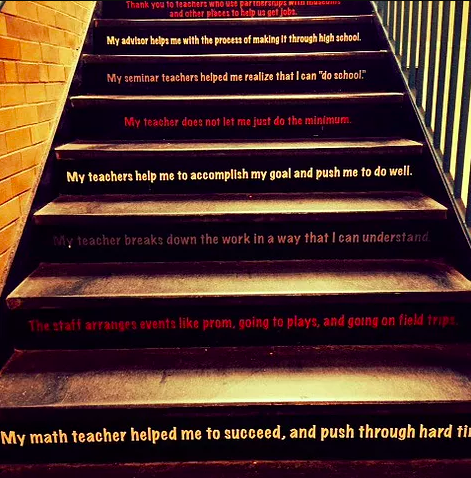
Transforming schools: the key ingredient is right in front of us. School reform is more than incorporating tech tools, being competency-based, or implementing student-centered practices. It’s more than opening the walls or focusing on core competencies. School reform starts by transforming school culture, and reforms flourish when we allow adults to be creative and compassionate… Read More ›
Risk, Trust, Collaboration: Leadership for Personalized, Learner-Centered Environments
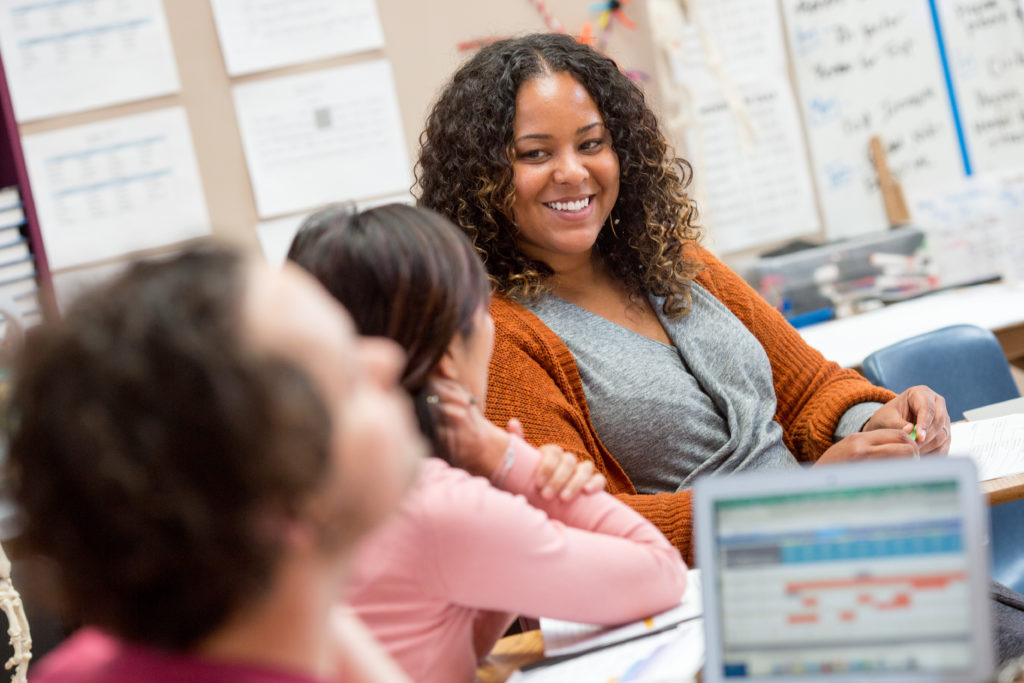
Originally posted on EdWeek’s Learning Deeply blog, April 21, 2017. Imagine an army general leading a tech startup company or a film director running a construction site. Not all leadership positions are built the same, and if there is a mismatch between leader and organization, the results could have disastrous effects. As such, in education,… Read More ›
Rethinking Use of Space and Time for Next Generation Schools
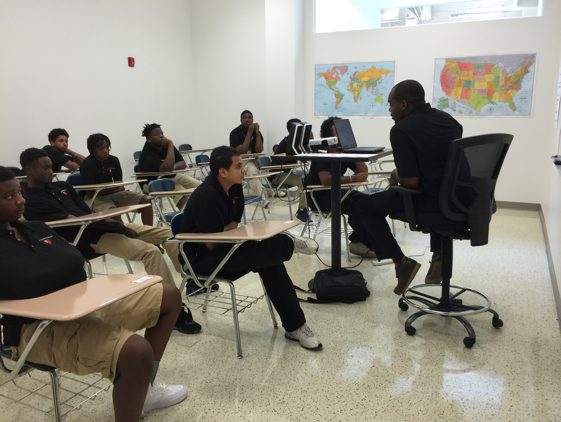
This article shares key tips and examples from Next Generation Learning Challenges (NGLC) and 2Revolutions Reimagining Space, Time and Staffing toolkit which includes strategies and resources from NGLC grantees on space and design, an often overlooked piece of the learning experience. It explores the importance of space to support personalized learning and the impact that classroom and… Read More ›
How Can We Increase Civic Engagement in the Era of Fake News and Social Media?
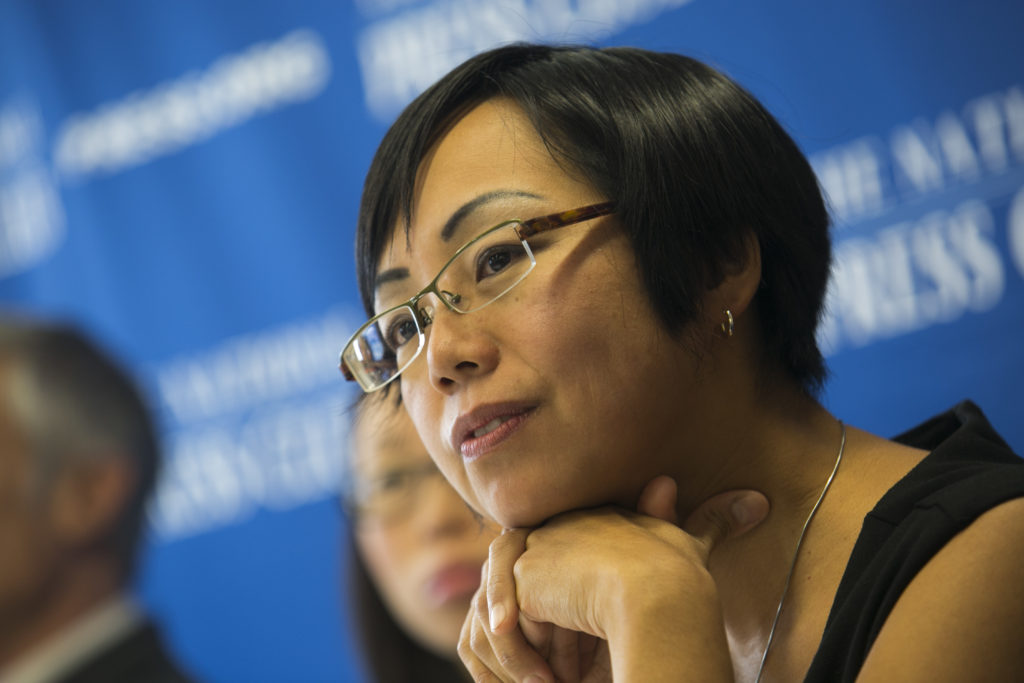
Recently, I had the pleasure of attending and presenting at Engaging Citizens: Civics Education and the New Political Landscape, a forum hosted by The Boston Foundation, to discuss the importance of civics education in Massachusetts. As the Director of the Center for Information and Research on Civic Learning & Engagement (CIRCLE, Tisch College of Civic Life), my… Read More ›
What Happens When Students Design Their Own Assessments?
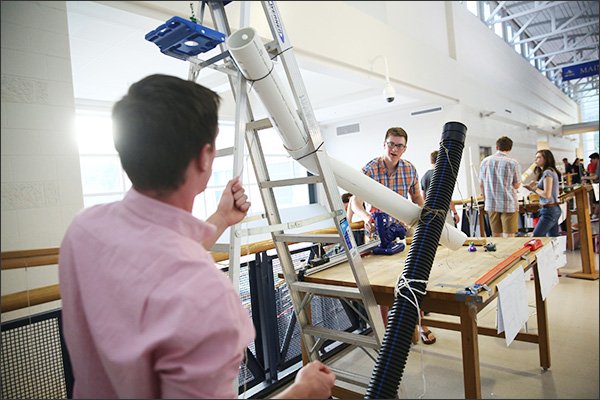
This article discusses the work of the Roanoke County Public Schools to implement student-led assessment, alongside 10 other Virginia districts that make up a Networked Improvement Community. The article delves into the importance and impact of student-led assessment, origins of the project, strategies used to get teachers on board, and challenges encountered which included differentiation of student-led… Read More ›